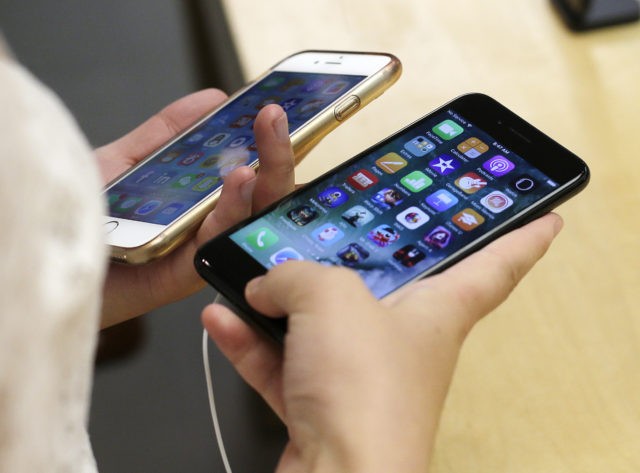A new app that delivers hormonal birth control drugs, including the morning-after pill, directly to girls over the age of 12 without requiring a doctor visit is expanding throughout the country.
Nurx, a Silicon Valley start-up that has been in operation for two years, has been dubbed the “Uber” for birth control and delivers hormonal birth control drugs, the ring, Plan B, and Ella directly to a young girl’s front door.
“For many women, safe and timely access to birth control is their most important healthcare need,” Nurx says. “We want to challenge the status quo, break down unnecessary barriers and give women more control over their own health.”
The company states on its website:
Don’t have insurance? No problem! We help you choose the right brand without breaking the bank. If you have insurance, it’s either free or the cost of your copay.
Begin with a few questions, chat with our doctors, and upload some identification. We’ll always try to prescribe you 3 months at a time for your convenience.
We take your health and data security very seriously. Nurx is HIPAA compliant, and we encrypt every transaction and conversation you have with us.
Nurx says their doctors in states in which the app is available review the health information provided by females and then write a prescription. The cost starts at $15 per month and delivery of the drugs, the company says, is free.
Some leftwing outlets are advancing the narrative that “conservative states” are “outraged” at Nurx’s expansion because they are “anti-contraception.” No state, however, is “pushing to limit contraception use,” as the Daily Mail puts it.
In fact, there is not – and has never been – a war on contraception. The only “war” that exists is an economic one over women and men who choose to be sexually active paying for their own birth control rather than hoisting that responsibility onto American taxpayers or employers.
That said, there is evidence of a link between birth control drugs and cancer. The World Health Organization has declared forms of hormonal birth control and estrogen replacement therapy as Group I carcinogens.
Additionally, the morning-after pill is considered an abortifacient by pro-life and some faith groups. The drug, nevertheless, is already available over the counter throughout the country.
The idea of a young girl responding to health questions through an app and receiving drugs at her front door based on those responses draws concern from several sources.
The Charlotte Lozier Institute, the research arm of the pro-life Susan B. Anthony List, notes the very purpose of hormonal birth control is to alter the body’s normal functioning:
[I]t is already established that levonorgestrel [Plan B] and other synthetic steroids induce endocrine-disrupting effects. Indeed, they are sold and consumed precisely for their endocrine-disrupting effects. The normal outcome of sexual intercourse in a healthy, fertile female may indeed be pregnancy. Thus, Plan B and other forms of “emergency contraception” are designed to thwart the normal functioning of the female endocrine and reproductive systems, beginning with – and, indeed, targeting — the brain.
“Teens are not small adults,” Dr. Robin Pierucci, a practicing neonatologist, also writes. She notes at the Federalist the pro-abortion rights Guttmacher Institute has reported that “between 2012 and 2015, the number of young women aged 18–24 who had not had sex in the past month nearly doubled their usage of ‘the pill.’”
Pierucci warns against including hormonal birth control drugs as another item in the “preventive” health care arsenal:
Teens face additional risks from taking hormonal contraceptives. Even for adults whose brains and bodies are fully developed, birth control pills have multiple, potentially serious, side effects. These fall into three general areas: increased cardiovascular events (heart attacks and problems from blood clots), increased breast cancer rates, and increased human papilloma virus (HPV) and cervical cancer rates.
For adolescents, there are even more complications: higher rates of blood clot issues than adults; problems acquiring adequate bone mass; and increased rates of depression.
Although Nurx says it has its own doctors reviewing the health information a teen enters through the app, Pierucci says direct interview by a physician is essential.
“Given the side effects we know about, plus what we are in the process of learning, pediatricians should be questioning whether to recommend hormonal contraception at all,” she warns. “Thus, increasing access while removing physician involvement is a step backwards for adolescent safety.”

COMMENTS
Please let us know if you're having issues with commenting.